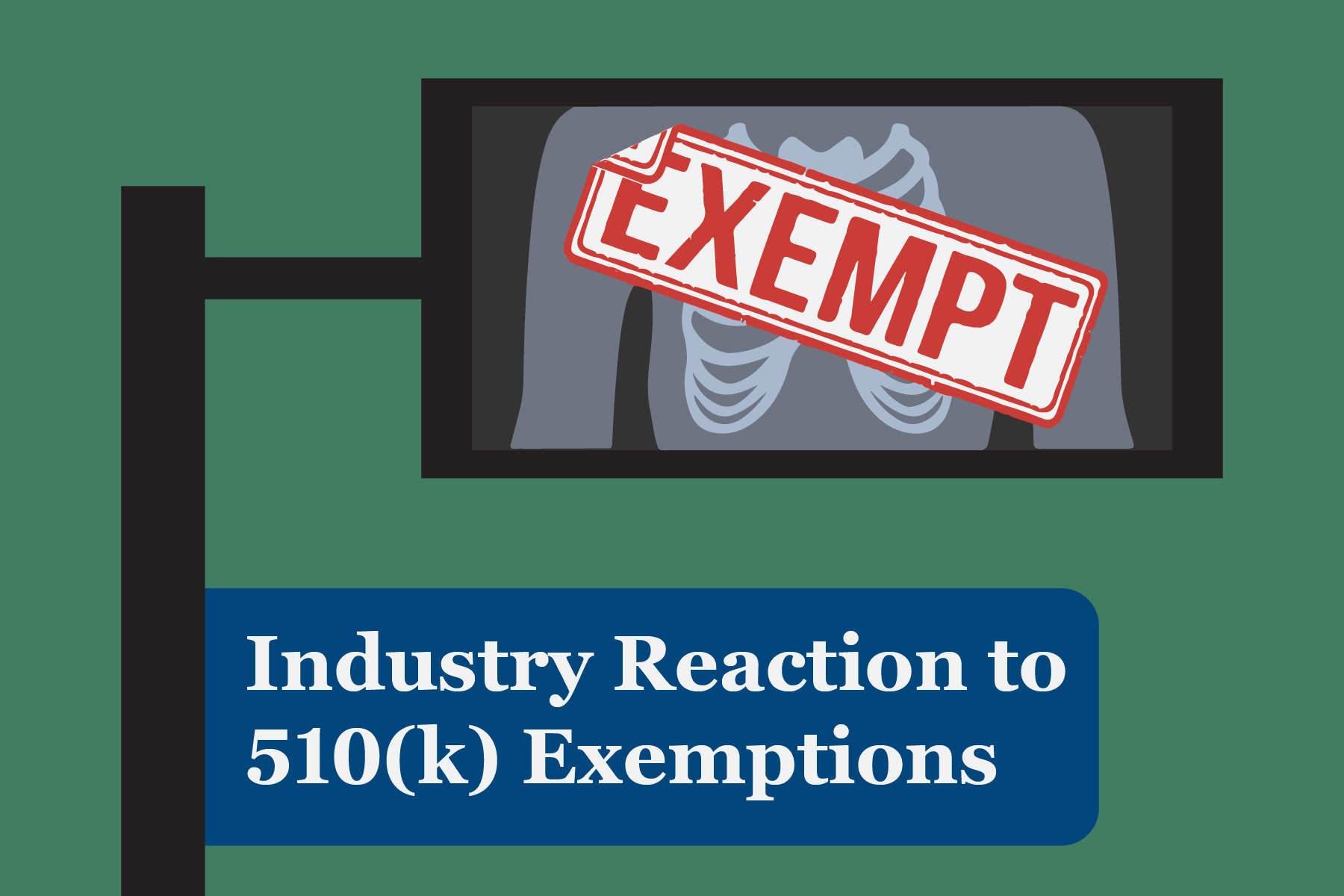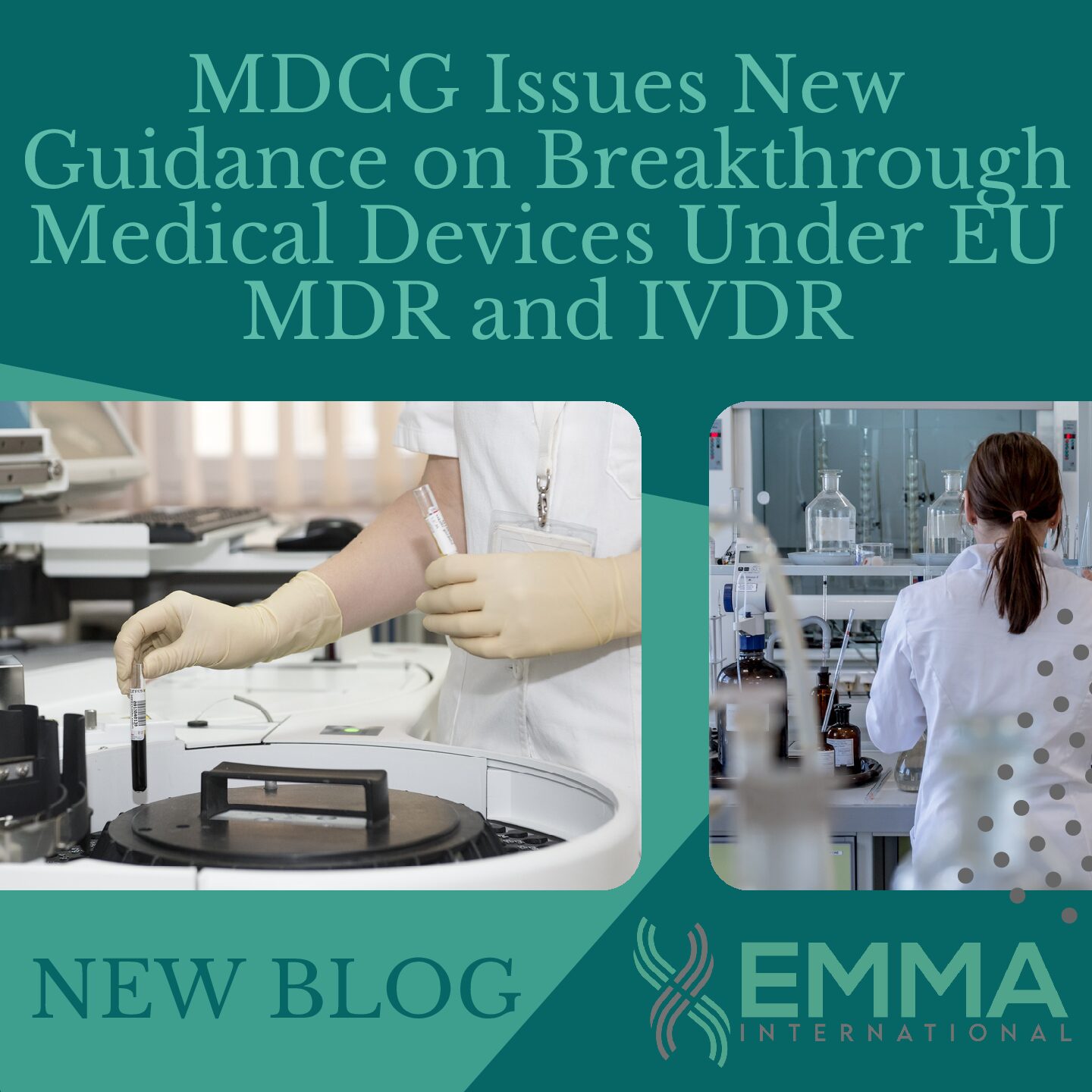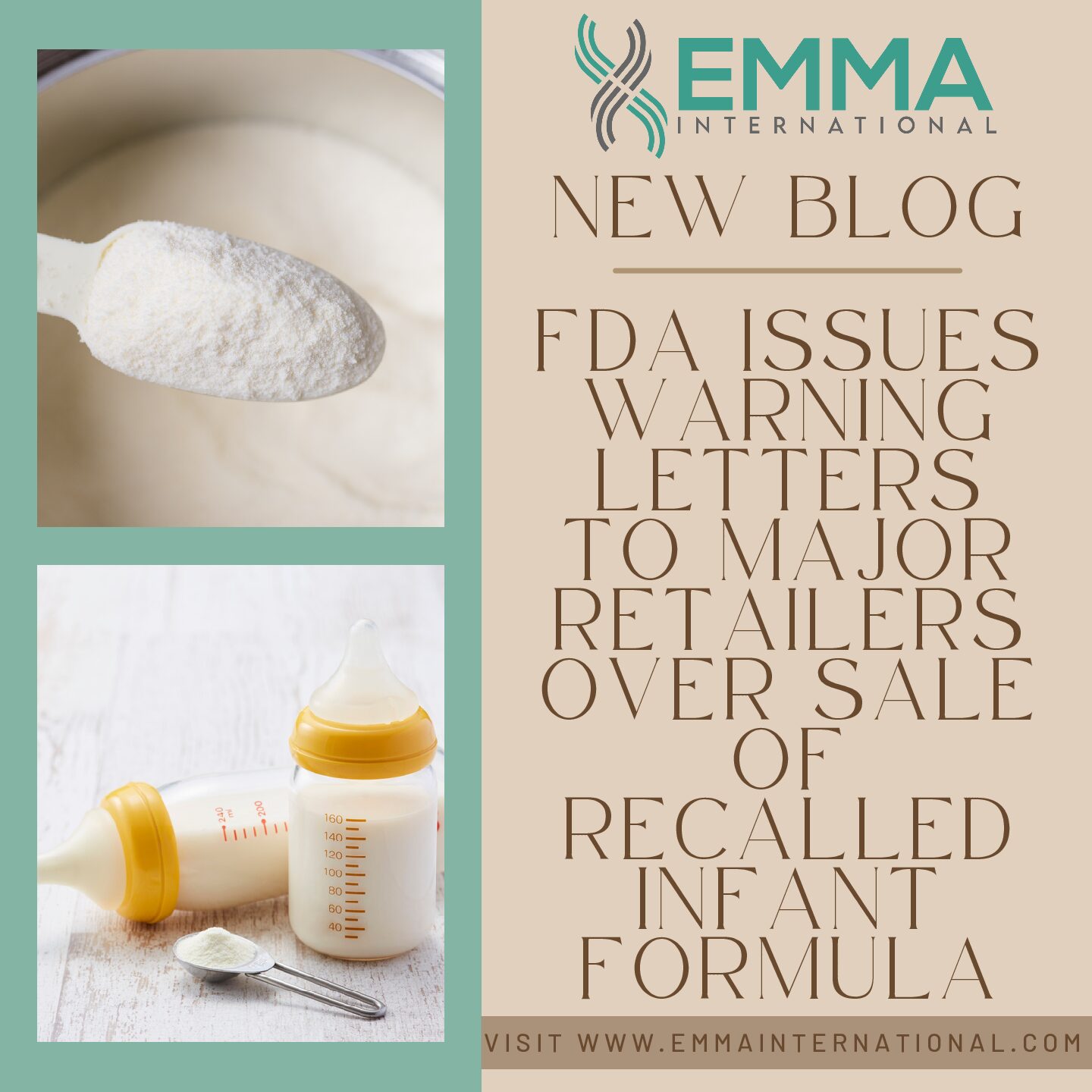Earlier this year, the Department of Health and Human Services proposed exempting 84 types of Class II devices from 510(k) requirements, which stemmed from the relaxed regulations for the COVID-19 public health emergency. After reviewing adverse event data from both before and after the relaxed pandemic regulations, the FDA began to examine its current market authorization process for medical devices.
Among the 84 Class II devices considered for the exemption were various forms of Infusion Pump Software, CT and X-ray products, and electrocardiogram software. This was surprising to many in the industry since software, and specifically, digital health is under a regulatory spotlight. The HHS shared financial data as the basis for proposing the change; in a survey conducted by the HHS, the results reported that the cost to bring low-to-moderate risk 510(k) devices to market cost roughly $31 million annually, with an average wait time of about 10 months before receiving clearance. The HHS pinned these costs as barriers to medical device firms and patients alike.1
All 84 proposed devices had little to no adverse events reported in MAUDE over the past decade, according to the FDA. The Agency said that after a thorough review of these products, and an investigation into the risk/benefit ratio of these products, that they are confident that they could successfully exempt them from the requirements without posing a risk to public health. Although the relaxed requirements may seem like a welcome change, the industry had strong feedback for the agency. Baxter provided public comment to the proposed relaxed regulations, which in sum said that they were not in support of the potential exemption. While Baxter was in support of reviewing the efficiency of the overall process and making targeted changes, they were not in support of removing the requirements for these devices in totality.2
The COVID-19 pandemic caused extreme fluctuations in the regulatory landscape, and these newly proposed exemptions are evidence of its permanent effects on the industry. Although there will likely be long-standing changes coming for the life science industry, one thing for certain is that EMMA International is on top of it! Our team is abreast of the ever-changing regulations and can help your firm through them. Give us a call at 248-987-4497 or email info@emmainternational.com to find out more!
1FDA (Jan 2021) Docket FDA-2021-N-0009 retrieved on 03/22/2021 from: https://www.regulations.gov/document/FDA-2021-N-0009-0001
2Baxter Healthcare (March 2016) Comment on Docket FDA-2021-N-0009 retrieved on 03/22/2021 from: https://www.regulations.gov/comment/FDA-2021-N-0009-0051






